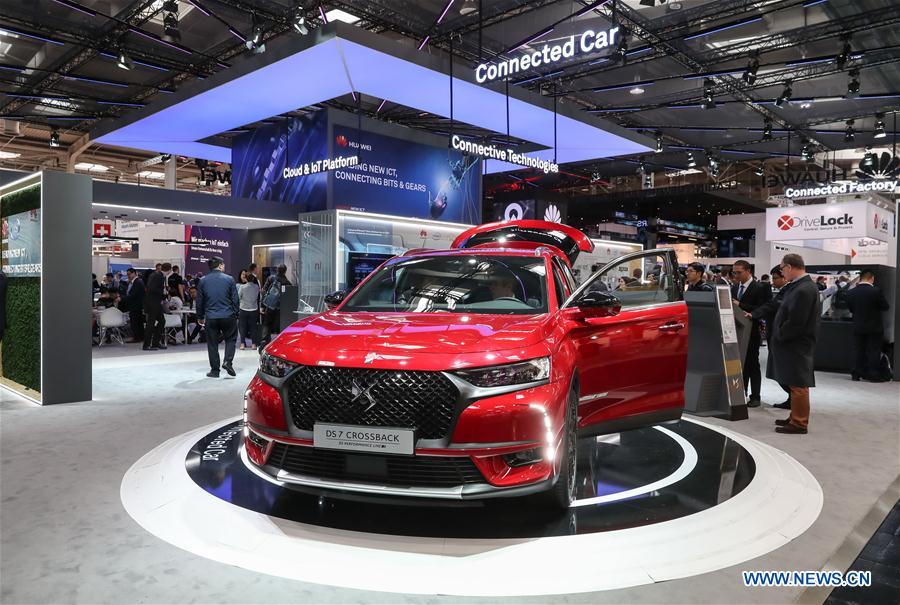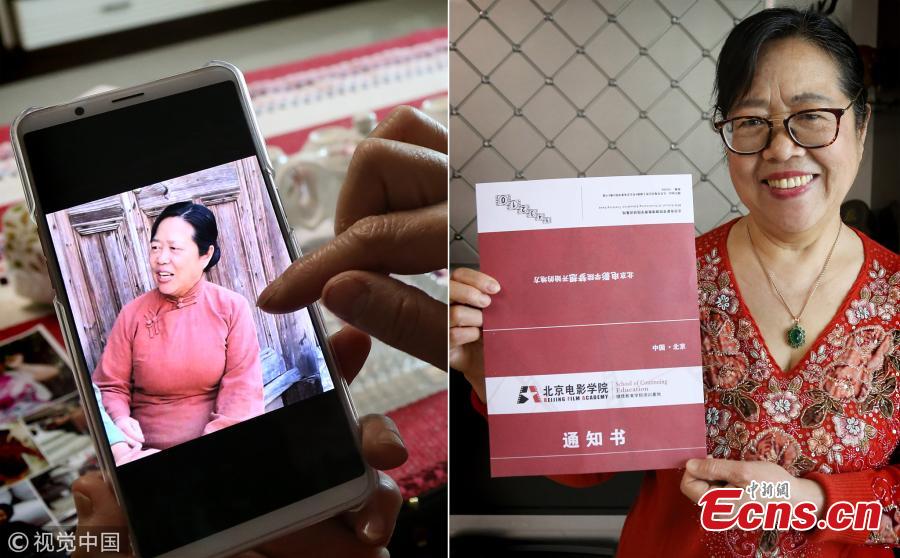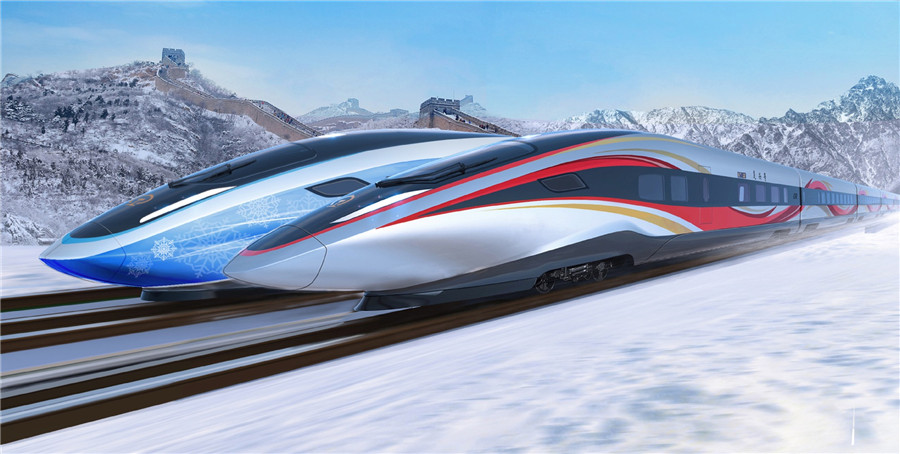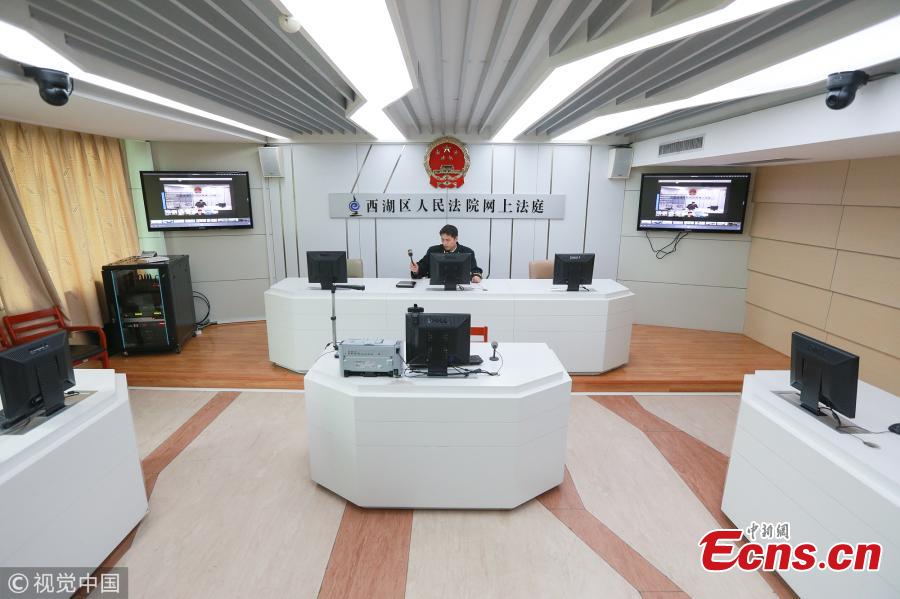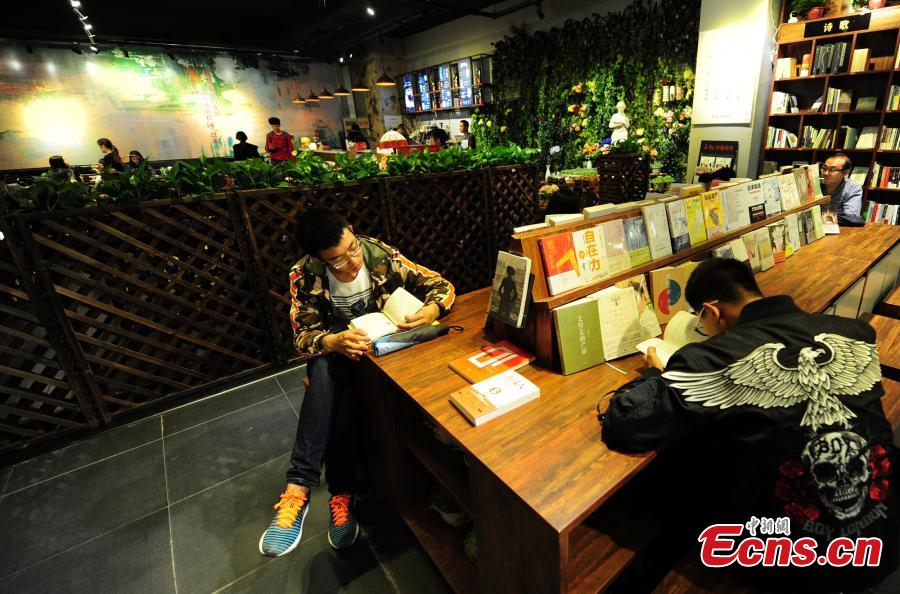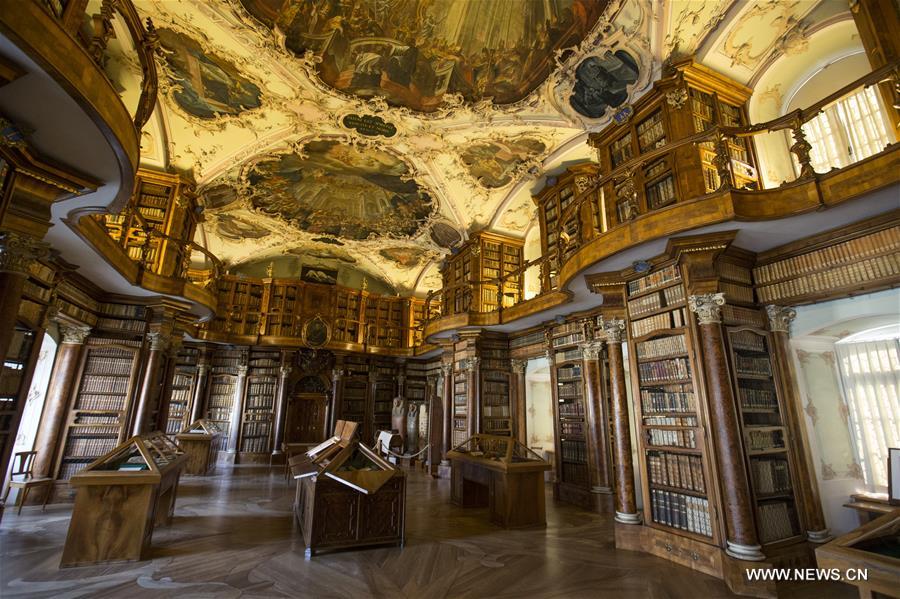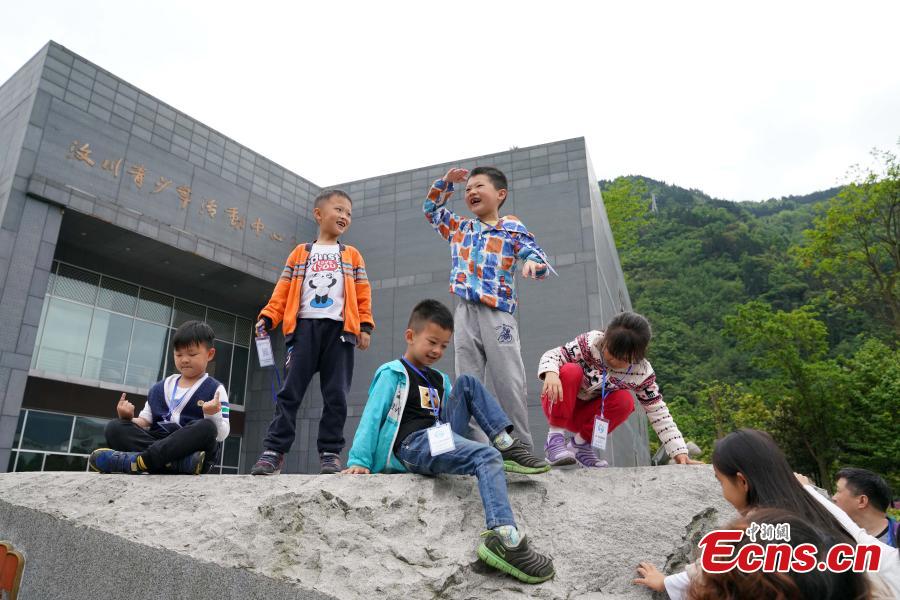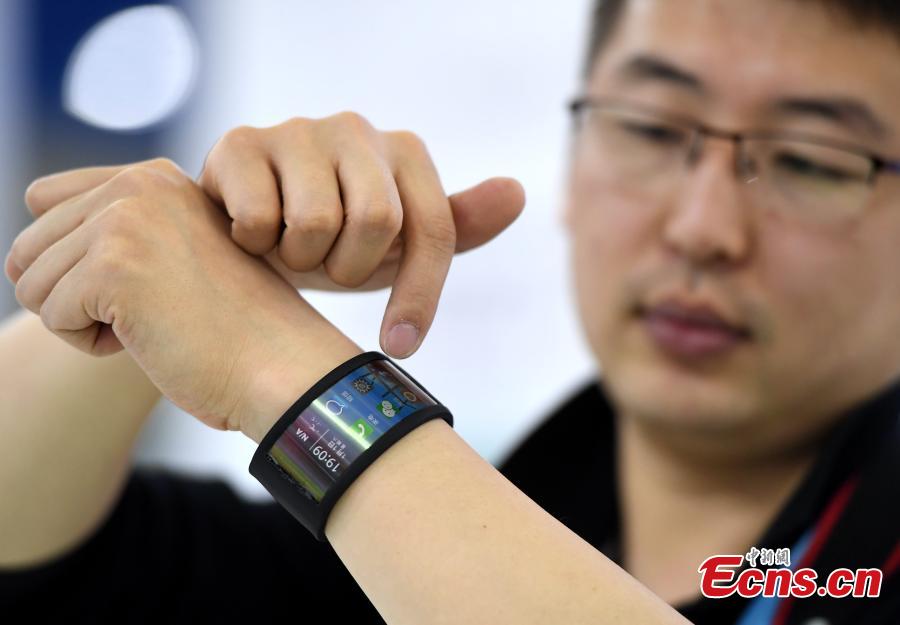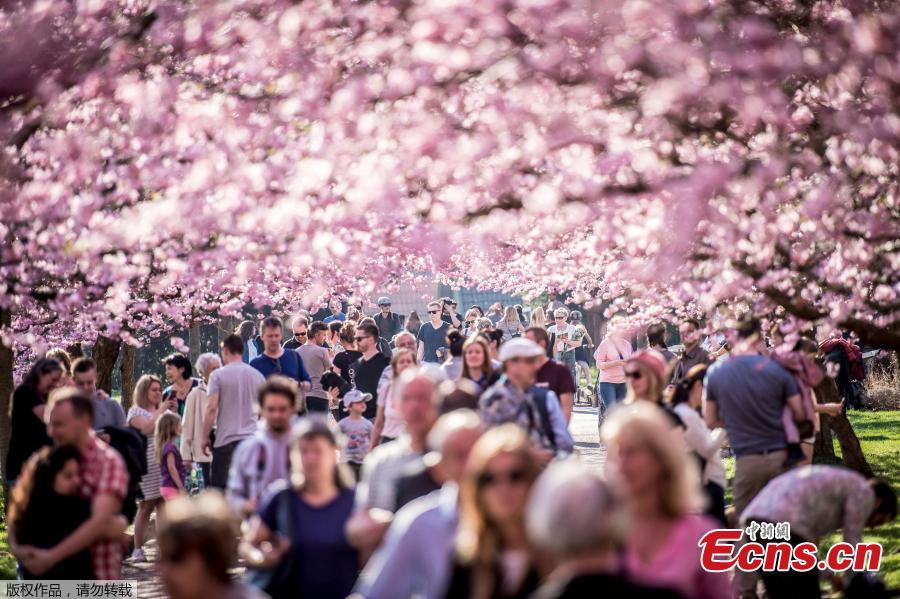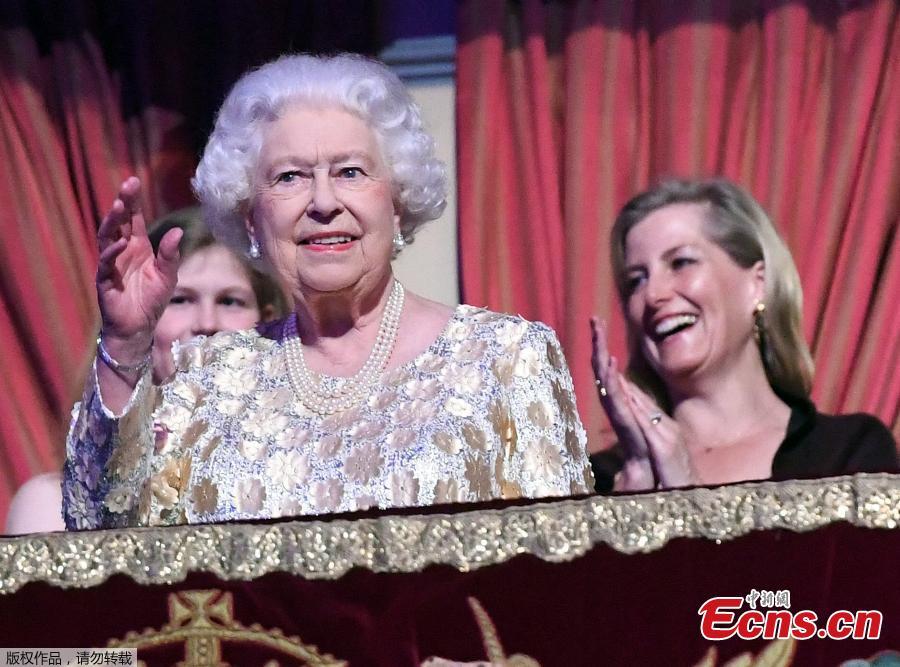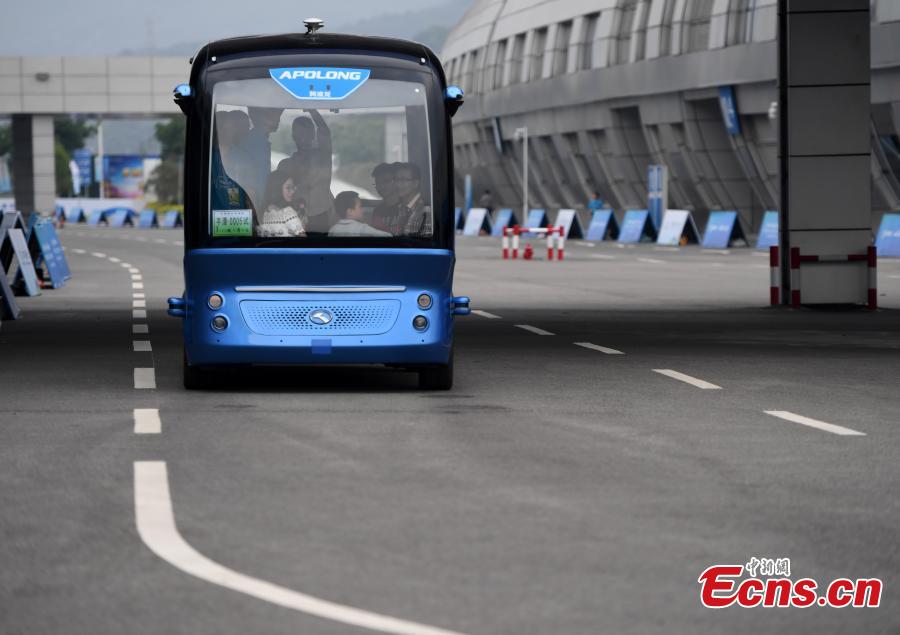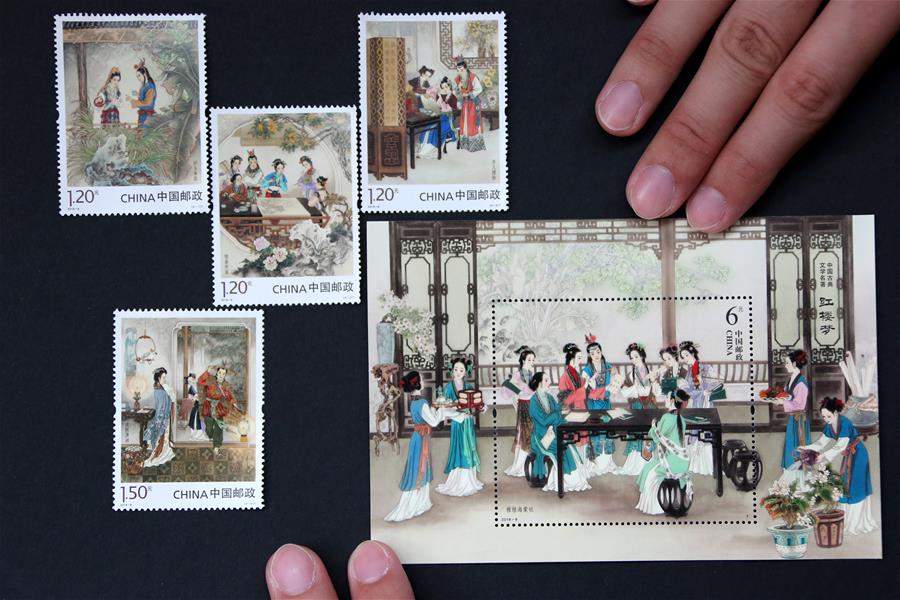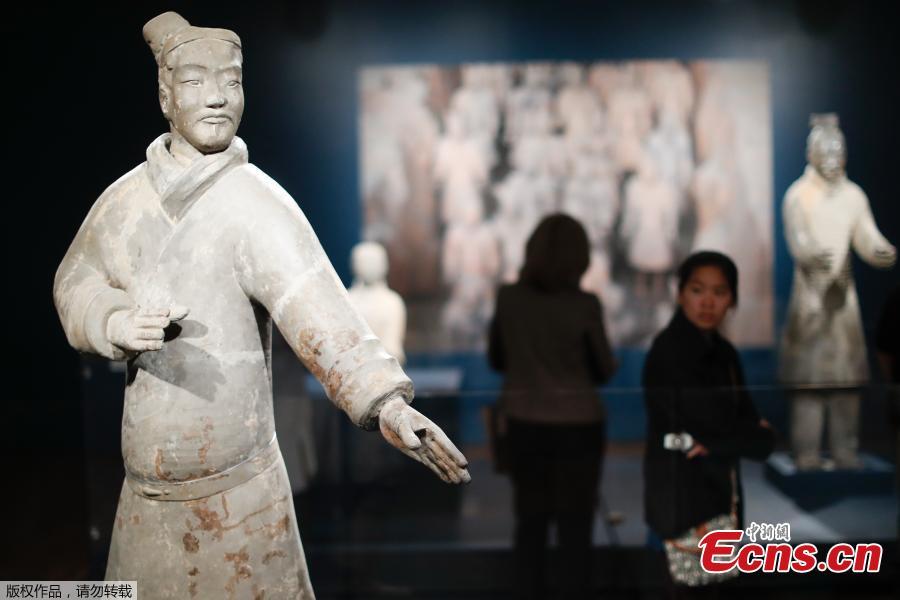Domestic consumption contributed to 77.8 percent of China’s economic growth in the first quarter of this year, the National Bureau of Statistics (NBS) said on Tuesday, indicating that it becomes a new driving force of the economy.
Steady and rapid consumption growth has become a “stabilizer” of the economy, according to an NBS statement. In the first quarter, the contribution of consumption to the economy is 46.5 percentage points higher than that of investment to GDP.
Consumption increases were achieved thanks to the results of the country’s supply-side structural reform, as well as the rising income of its residents.
Supply-side reform stimulus
China has been pushing supply-side structural reform forward since 2015. It is an effort by the country to rebalance the economy toward more domestic consumption-based growth, according to Patrick Musgrave, an independent journalist based in Beijing.
Essentially, it is to make the supply side more market-oriented and let supply meet demand. It will narrow the discrepancy between the supply and demand of goods and services in the market, unlocking more consumption potential.
There is huge potential for consumption growth, as the economy is transitioning from a phase of rapid growth to a stage of high-quality development, according to a statement on the website of the National Development and Reform Commission.
The economy expanded 6.8 percent to 19.88 trillion yuan in the first three months over the same period last year, NBS data showed.
Rising consumer confidence
With the steady increase in residents’ income, as well as the good employment situation, the country’s consumer confidence is rising. In February, the consumer confidence index was 124, about 17.9 points higher than the average since 2012.
In the first quarter, total retail sales of consumer goods - a key indicator of consumption - stood at around 9 trillion yuan (1.4 trillion US dollars) with a nominal year-on-year growth rate of 9.8 percent. In March, the number reached 2.9 trillion yuan, up 10.1 percent year-on-year.
Consumption in rural areas is also expanding due to better infrastructure and the increased income of rural residents. Retail sales of consumer goods in the rural market rose 10.7 percent year-on-year to 1.3 trillion yuan, accounting for 14.6 percent of the total retail sales.
Online retail has been expanding rapidly also, as the mobile Internet attracts mounting users. In the first quarter, online retail sales across the country went up 35.4 percent year-on-year to 1.9 trillion yuan. The increase rate is 24.6 percentage points higher than that of retail sales of consumer goods.
Increasingly affluent residents are more willing to pay for higher-quality products. For example sales of new energy vehicles and SUVs, which represent aconsumption upgrade in the automobile sector, were up 154.3 percent and 11.3 percent year-on-year respectively.









